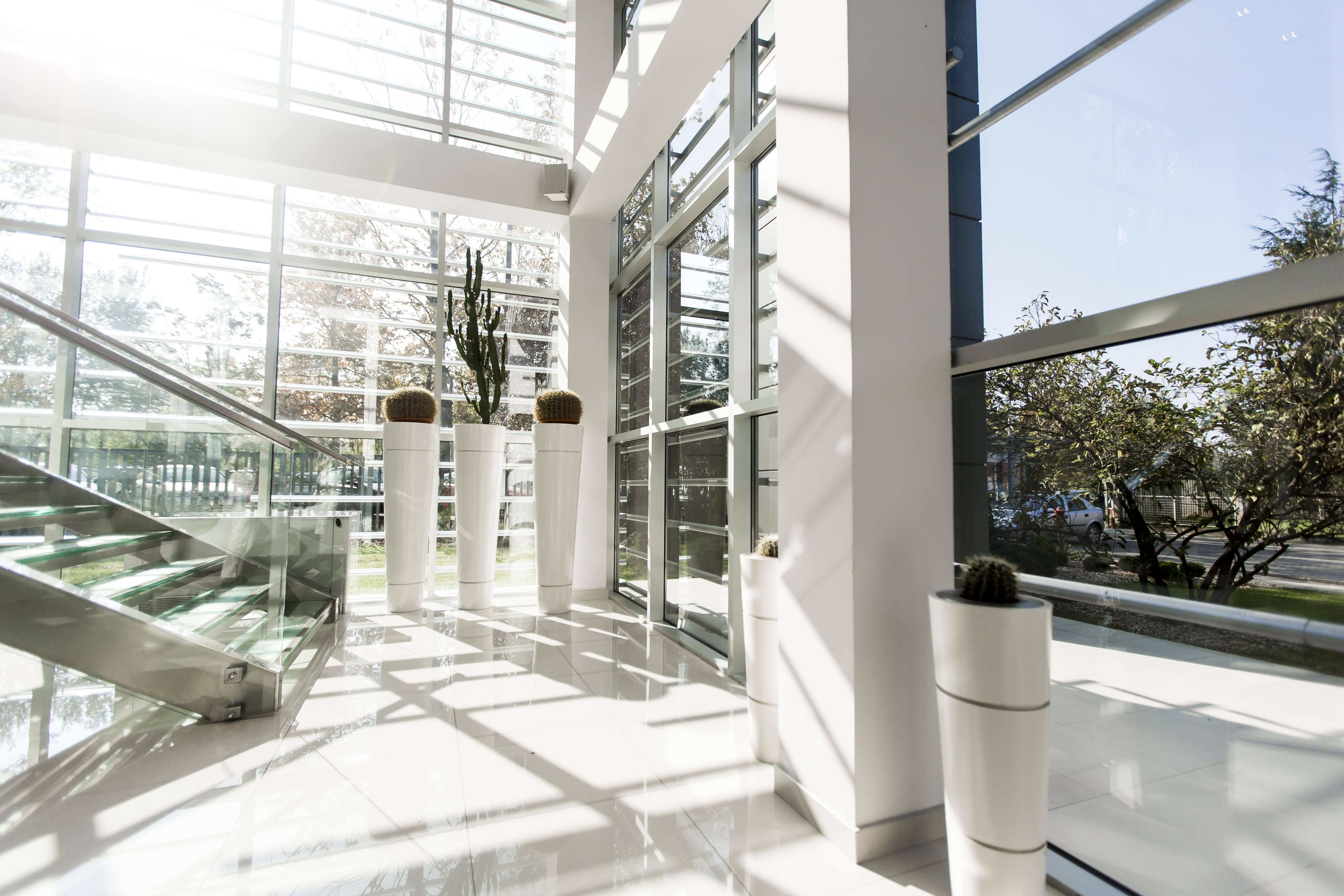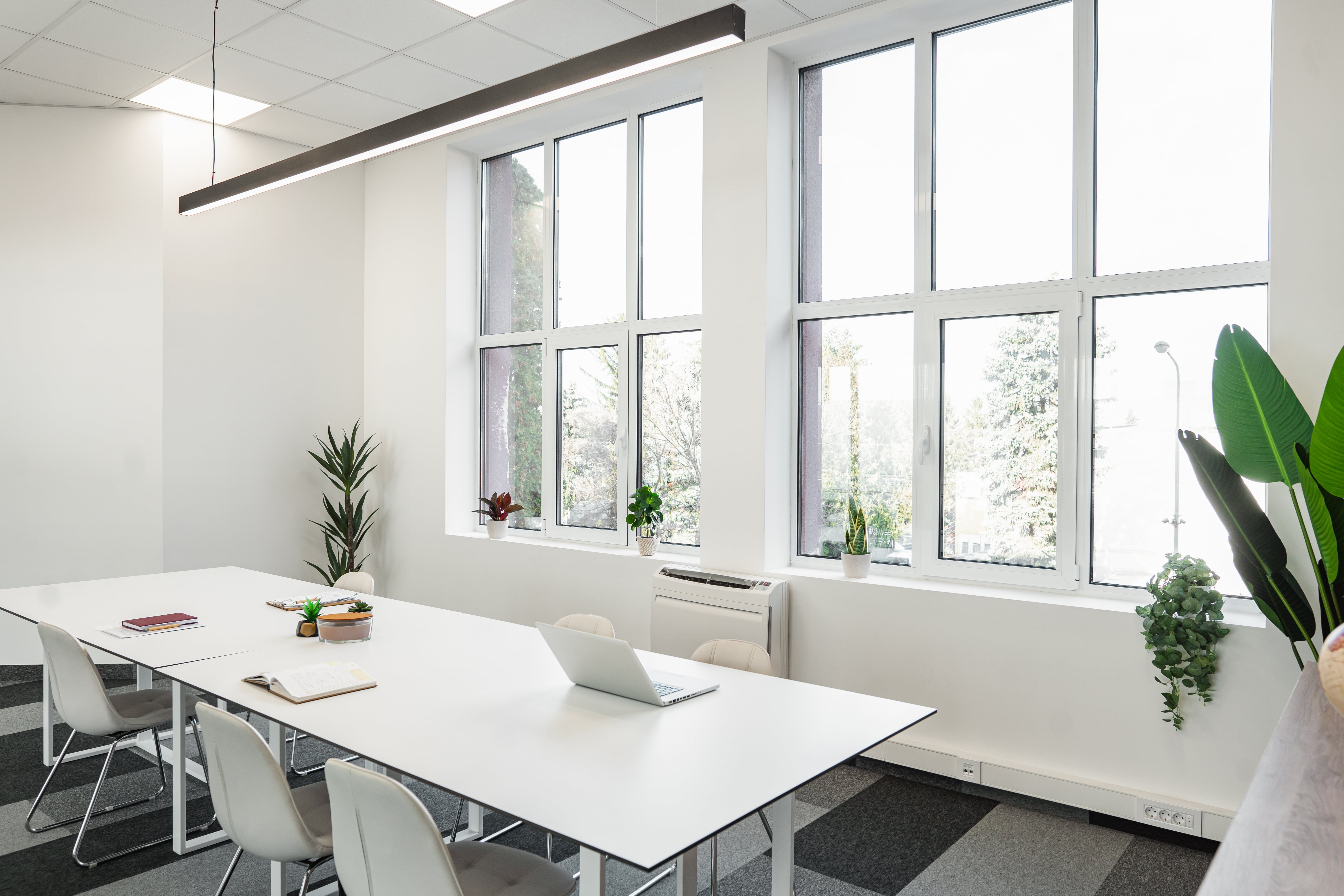
Why Clean Commercial Properties Build Trust: The Psychological Impact of Clean Spaces in London
A spotless commercial property creates powerful psychological effects, from building trust to increasing repeat visits. Learn why cleanliness matters more than ever in London.
When customers or clients approach your London property, they form impressions long before stepping inside. Cleanliness is one of the strongest psychological signals your building sends, influencing trust, comfort, behaviour and long-term loyalty.
In a highly competitive city like London, this makes commercial property maintenance more than an operational task: it is a strategic investment.
Today we are going through research-backed, simplified explanation of the psychology behind cleanliness, and to better understand how maintaining your property enhances customer perception and business performance.
1. First Impressions and the Halo Effect
People judge a business within seconds. Psychologists refer to this as the Halo Effect: when one positive attribute influences how everything else is perceived. A spotless entrance, polished windows or a well-maintained façade leads customers to assume that your entire operation is equally reliable and well-managed.
A study from the University of Wolverhampton highlights that a clean storefront significantly boosts perceived trust and brand quality. Even when two businesses offer identical products, the cleaner one is consistently seen as more premium and more professional.
In London, where competing buildings sit shoulder-to-shoulder, these split-second judgments carry even more weight.

2. Cleanliness as a Signal of Safety and Trust
Clean environments make people feel safe, in control and welcome. Research in consumer psychology shows that clutter, grime and disorganisation increase stress responses, while clean and tidy spaces reduce tension and encourage positive emotions.
Studies in post-pandemic consumer behaviour consistently show that:
Clean spaces create a sense of protection from germs and hazards
Hygiene strongly influences customer comfort and peace of mind
Customers trust clean businesses more than untidy ones
In practical terms: If your building looks clean, customers instinctively believe your service will be reliable, your staff competent and your business well-run.
3. Cleanliness Predicts Customer Behaviour
Cleanliness does not merely shape feelings; it significantly alters behaviour and spending patterns.
Insight | Statistic | Meaning |
Customers avoid dirty spaces | 14% stop visiting entirely; 29% return only if necessary | Lost revenue from neglect |
Cleanliness influences return visits | 95% say it impacts whether they come back | Customer retention depends on hygiene |
Cleanliness affects buying decisions | 93% say it shapes purchase behaviour | Clean spaces convert better |
Cleanliness improves revenue | 5-point cleanliness improvement = 1.3% sales lift | Small maintenance gains equal measurable profit |
Cleanliness shapes experience | 80% of shoppers say it’s a top factor | Customers judge your brand by how clean your space feels |
The conclusion from all major studies is the same: Cleanliness is a revenue driver.
4. Cleanliness Builds a Stronger Brand and Long-Term Loyalty
Positive first impressions shape loyalty as research published by Emerald Insight found that customers with a positive perception of a brand’s cleanliness are significantly more likely to recommend it to others, which fuels organic growth through word-of-mouth.
Clean, orderly spaces also signal stability and competence. Customers associate well-maintained properties with businesses that care about their service, their people and their community.
When cleanliness is neglected, the opposite occurs: visitors question reliability, costs rise through reactive maintenance and competitors with higher standards earn greater trust.

5. Interior Landscaping and the Psychological Boost of Nature
Cleanliness and psychology extend beyond surfaces such as Interior landscaping, one of Classic London’s core strengths - plays a powerful role in shaping how people feel indoors.
Research from the University of Exeter, published in the Journal of Experimental Psychology: Applied, found that employees working in plant-rich environments were 15 percent more productive than those in bare or minimalist spaces.
The University of Technology Sydney reported reductions of up to:
60 percent in stress
37 percent in tension
58 percent in depression
38 percent in fatigue
NASA’s well-known Clean Air Study also demonstrated that indoor plants can remove air toxins and improve humidity balance - creating a cleaner-feeling, healthier environment.
For reception areas, offices and communal spaces, this means visitors subconsciously associate greenery with freshness, care and cleanliness.
6. How London Businesses Can Act on This: Practical Maintenance That Makes a Difference
Achieving these psychological advantages requires consistent, strategic property care. Below are the areas that influence perception the most:
Clean windows and façades
According to environmental psychology research, natural light and visual clarity boost comfort and help guests form positive impressions. Regular window cleaning counteracts London’s pollution and keeps your building looking bright and premium.
Pressure washing and exterior cleaning
Removing surface grime, algae and stains revitalises the property’s appearance and prevents long-term deterioration.
High-level cleaning using MEWP access
Studies on building perception show that people notice high-level dirt even if they cannot consciously identify it. Clean upper façades and signage enhance overall brand image.
Interior landscaping and plant displays
Greenery improves psychological comfort, air quality and the perceived cleanliness of indoor spaces.
Preventive and seasonal maintenance
Planned maintenance reduces visible wear, prevents hazards and creates a consistently reliable experience for visitors.
Conclusion: Cleanliness Is a Strategic Advantage
Every major scientific, psychological and facilities-management study reaches the same conclusion: cleanliness shapes how people think, feel and behave in a space. Clean commercial properties:
Attract more visitors
Boost trust and comfort
Increase dwell time and spending
Strengthen brand loyalty
Improve staff well-being and productivity
In London’s fast-moving environment, these benefits directly impact business performance.
Classic London’s property maintenance services including window cleaning, façade care, MEWP access, pressure washing and interior landscaping, helping businesses create spaces where customers feel confident, welcome and eager to return.
Cleanliness is an investment that pays off every single day.





